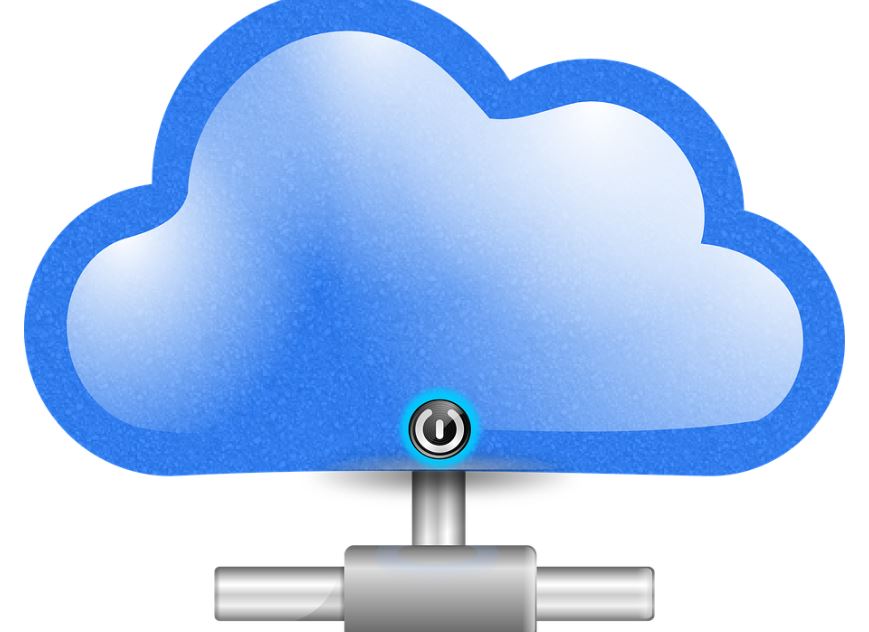Why Bother With The Cloud Anyway?
2017.02.08
It’s incredible to think that cloud computing was just a buzzword a few years ago. But it’s since become so mainstream that most people have forgotten that there was a time before the cloud. The shocking this is that the cloud has really only been a mass consumption technology for about four years when people discovered how useful applications like Dropbox really were.
Since then, the benefits of cloud computing have multiplied. People use the cloud all the time: when they go online to do online banking when they use voice commands on their smartphone and even when they check their Facebook status.
To get a sense at which the cloud has penetrated business, data from Salesforce suggests that 90 percent of companies make use of at least one cloud app in their day-to-day operations, mostly without realizing it.
So what’s driving the rise of cloud computing? Let’s take a look.

Pixabay

Flickr
But the days of shelling out for computer equipment seem to be behind us. Companies that use cloud services no longer have to pump their precious capital into fleshing out their networks. Instead, they can avoid large upfront costs and choose cloud services instead that pay by the month. Often, these costs are adjustable with the service requirements of the business, making it super easy and quick to expand.
It also makes it easier to implement new programs or solutions, since these are all taken care of externally by the cloud services provider. They do all the updates and implementation, so businesses don’t have to.
Since then, the benefits of cloud computing have multiplied. People use the cloud all the time: when they go online to do online banking when they use voice commands on their smartphone and even when they check their Facebook status.
To get a sense at which the cloud has penetrated business, data from Salesforce suggests that 90 percent of companies make use of at least one cloud app in their day-to-day operations, mostly without realizing it.
So what’s driving the rise of cloud computing? Let’s take a look.
Flexibility
One of the first great benefits of the cloud is the flexibility that it offers both consumers and businesses. Consumers get access to computing power that would cost them a fortune if they tried to pay for it themselves. Having a computer that is fast enough to recognize your speech and fit in the palm of your hand would cost a fortune right now, despite the ever-declining price of smartphones. And businesses benefit from flexibility since they can scale in line with their needs, rather in fits and starts when they make significant upgrades to their systems. The granularity of cloud computing gives companies a cost advantage over their competitors, allowing them to run with lower overheads.Pixabay
Disaster Recovery
In an ideal world, all business should be investing in disaster recovery. But in the real world, especially for smaller firms, there are neither the time and resources to do so - at least with traditional methods. But the cloud offers a great alternative. Having immediate system failover and cloud-based protection with DRaaS means that small businesses can quickly get back on their feet following a disaster. It’s not surprising, therefore, that according to the Aberdeen Group, small businesses are more than twice as likely to have their data backed up on the cloud than large business. It’s just so much more affordable.Capital-Free Expenditure
In the past, developing your own IT infrastructure was expensive. What was worse, it was usually quite unreliable and required a team of experts to keep it running, each of whom needed to be paid to do so.Flickr
But the days of shelling out for computer equipment seem to be behind us. Companies that use cloud services no longer have to pump their precious capital into fleshing out their networks. Instead, they can avoid large upfront costs and choose cloud services instead that pay by the month. Often, these costs are adjustable with the service requirements of the business, making it super easy and quick to expand.
It also makes it easier to implement new programs or solutions, since these are all taken care of externally by the cloud services provider. They do all the updates and implementation, so businesses don’t have to.
More Articles
Copyright © Fooyoh.com All rights reserved.